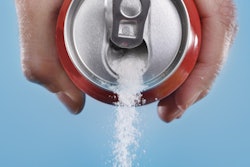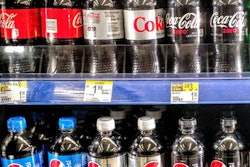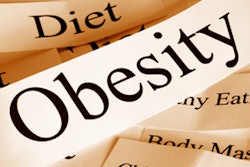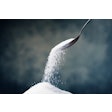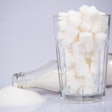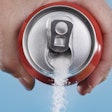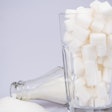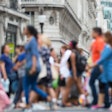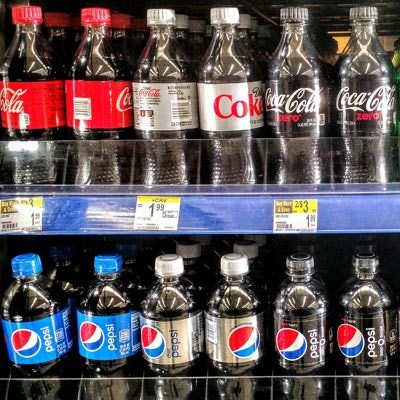
Taxes on sugary beverages have resulted in a reduction in their purchase and consumption in the U.S. and internationally, according to a new review.
Researchers conducted a systematic review of real‐world sugar‐sweetened beverage tax evaluations in four U.S. cities, one region, and three countries. The equivalent of a 10% tax was associated with an average decline of 10% in purchases and consumption, they reported in Obesity Reviews (June 19, 2019).
The researchers searched electronic publishing databases up to June 2018 and included 17 studies in their final analysis. Data came from four U.S. cities (Berkeley, CA; Cleveland; Philadelphia; and Portland, ME), the region of Catalonia in Spain, and Chile, France, and Mexico.
In addition to the decline in purchases and consumption of these drinks, they also found that the equivalent of a 10% tax was associated with a nonsignificant 1.9% increase in total consumption of untaxed beverages, such as water.
In 3 of the 4 settings where this substitution of water for a sugary beverage occurred, the increase in consumption of water and other nonsugary drinks was statistically significant, the researchers noted.
The research takes a new approach in combining multiple studies to examine the real-world impact of sugary drink taxes on sales, purchases, and dietary intake before and after taxes were imposed or between taxed and untaxed settings, according to lead study author Andrea Teng, MBChB. Dr. Teng is a public health medicine specialist and a senior research fellow in the University of Otago Department of Public Health in Wellington, New Zealand.
"It shows taxes on sugary drinks are an effective tool to reduce consumption, and we know from other research that the high consumption of sugary drinks increases the risk of obesity, diabetes, and dental caries," she stated in a university press release.




